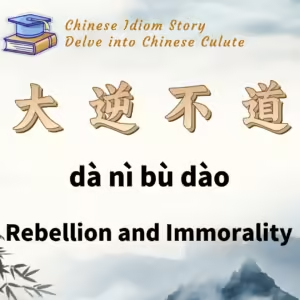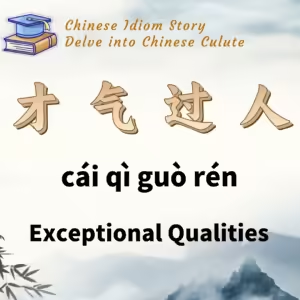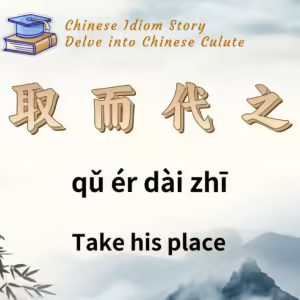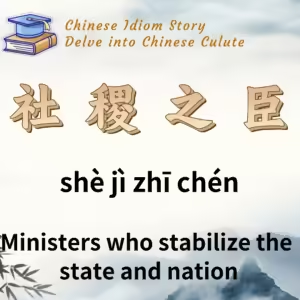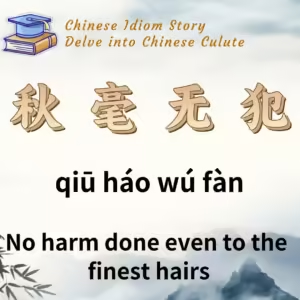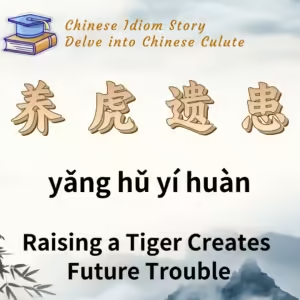
Chinese Idiom: 养虎遗患 (Yang Hu Yi Huan)
English Translation: Raising a Tiger Creates Future Trouble
pīn yīn: yǎng hǔ yí huàn
Idiom Meaning: This idiom refers to the danger of being lenient or accommodating toward bad people or bad deeds, which may lead to greater harm in the future. It emphasizes the consequences of failing to address issues when they arise.
Historical Source:《史记·项羽本纪》 (Records of the Grand Historian: The Annals of Xiang Yu)
Idiom Story:
The idiom originates from the events following the collapse of the Qin Dynasty in 206 BC, when the powerful peasant uprisings led to its downfall. This period saw a fierce struggle for control between Xiang Yu and Liu Bang, leading to the famous Chu-Han Contention. In the initial two years, the two leaders fought frequently, with each experiencing victories and losses; however, Xiang Yu suffered more losses and faced growing dissent among his ranks.
During this tumultuous time, Peng Yue, who controlled the Liang region, joined Liu Bang and consistently harassed Xiang Yu’s forces, cutting off their supply lines. Meanwhile, Han Xin, who had been granted the title of King of Qi by Liu Bang, launched attacks on Xiang Yu from Shandong. Realizing his position was weakening, Xiang Yu sought to negotiate with Liu Bang. They agreed to divide the territory along the ancient Hong Canal (located in present-day Henan province), with Liu Bang taking control of the western region and Xiang Yu the eastern part.
After the successful negotiations, Xiang Yu returned east, and Liu Bang was pleased to withdraw his forces back to Guanzhong. However, Liu Bang’s advisors, Zhang Liang and Chen Ping, cautioned him, saying: “The Chu army is exhausted and out of supplies; this is the time for the downfall of Chu. If we let them go now, it would be akin to ‘raising a tiger and leaving hidden dangers.'”
Heeding their advice, Liu Bang discarded the treaty and immediately mobilized his troops to pursue Xiang Yu. This decision led to a decisive victory for Liu Bang, forcing Xiang Yu to take his own life at the Wu River.
This story illustrates the idiom 养虎遗患, highlighting the risks of allowing threats to remain unaddressed, as leniency toward Xiang Yu could have resulted in dire consequences for Liu Bang. As a result, the phrase serves as a warning to act decisively against dangers to prevent future troubles.

